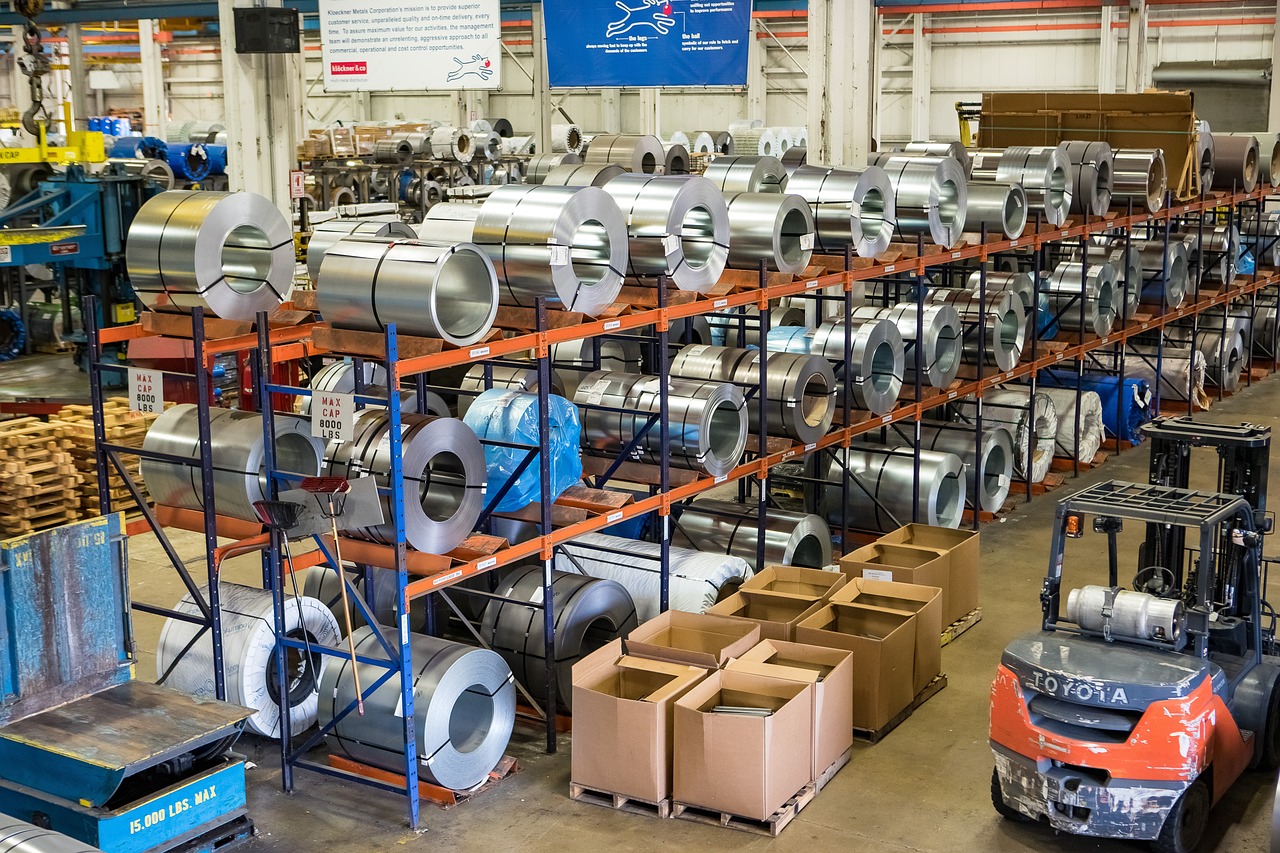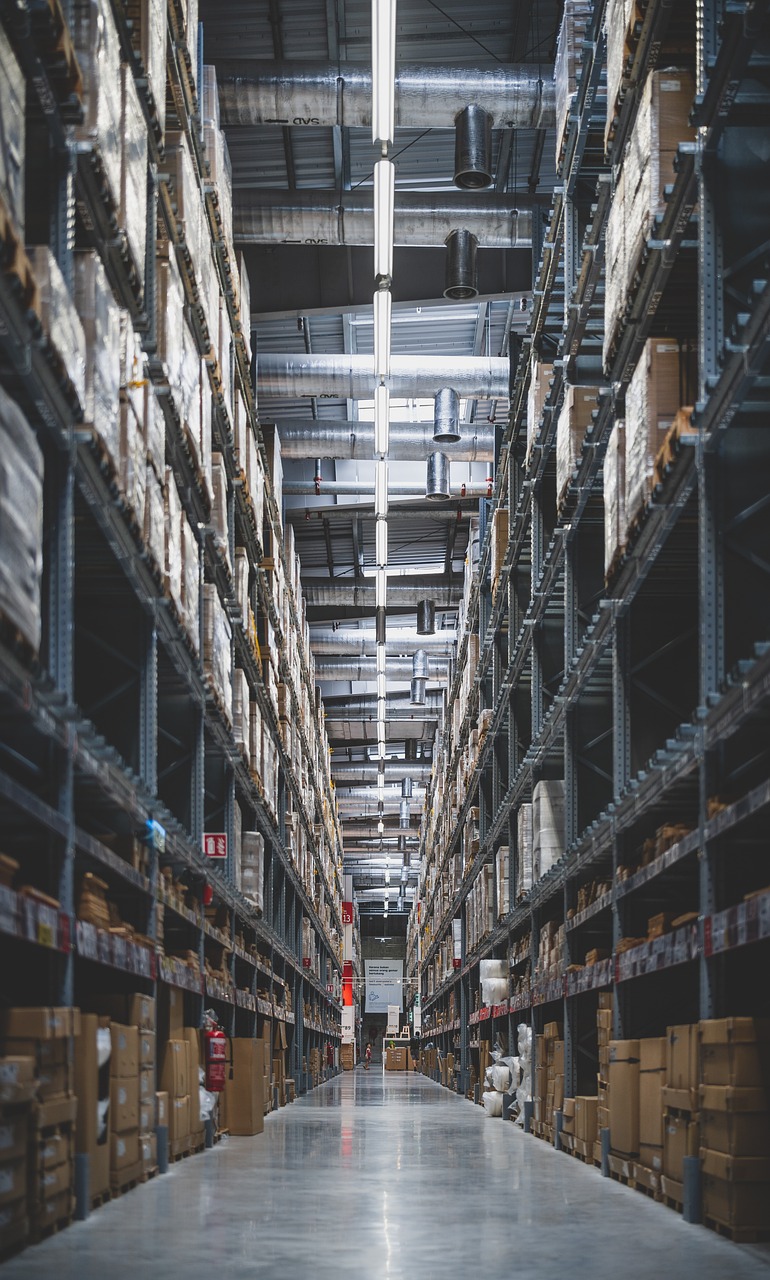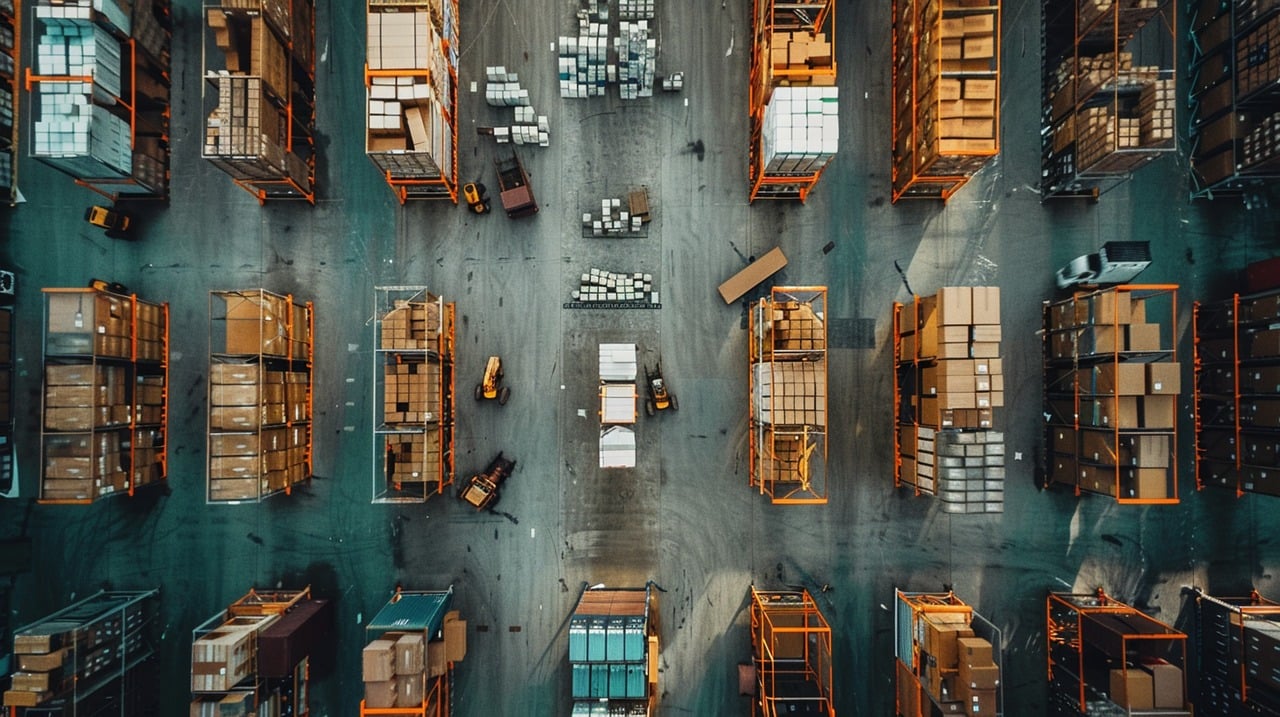Being hit by a falling product at a warehouse can cause life-changing injuries, leaving you with physical pain, emotional distress, and financial burdens. These injuries can result in lifelong medical needs, such as surgeries, physical therapy, or assistive devices. If you or a loved one has been catastrophically injured in this way, it’s crucial to know what steps to take and how to find the right legal advocate to help you seek justice and fair compensation.
Products falling and injuring workers in warehouses can result from several causes, often tied to negligence or unsafe practices. Here are some common reasons:
1. Improper Stacking or Storage
- Overloaded Shelves: Exceeding weight limits can cause racks to collapse.
- Unbalanced Stacking: Uneven or unstable stacking of products increases the risk of toppling.
- Failure to Use Restraints: Products not secured with straps, nets, or barriers can easily shift and fall.
2. Faulty or Inadequate Shelving
- Weak Materials: Using low-quality shelving materials that can’t support heavy loads.
- Incorrect Installation: Poor assembly or anchoring of shelves can lead to instability.
- Lack of Maintenance: Failing to inspect and repair damaged racks or shelves.
3. Unsafe Handling Practices
- Improper Use of Forklifts or Pallet Jacks: Sudden movements or overloading can dislodge items from shelves.
- Hasty Loading/Unloading: Workers in a rush may not secure products properly or handle them carefully.
- Inadequate Training: Employees who are not properly trained in safe lifting and storage practices are more likely to cause accidents.
4. Poor Warehouse Design
- Narrow Aisles: Tight spaces increase the likelihood of collisions with shelving units or stored products.
- High Shelving: Over-reliance on vertical storage without adequate safety measures like securing items or using proper equipment.
5. Environmental Factors
- Vibration or Movement: Heavy machinery, such as forklifts, can cause vibrations that dislodge items.
- Cluttered Workspaces: Debris or obstacles can lead to accidental bumps into shelving units.
- Poor Lighting: Inadequate lighting makes it harder for workers to see hazards or properly place items.
6. Defective Equipment or Products
- Weak Packaging: Items stored in damaged or flimsy packaging are more prone to falling apart or slipping.
- Defective Shelving Systems: Faulty designs can lead to structural failure.
- Equipment Malfunctions: Issues with forklifts or hoists can dislodge items unintentionally.
7. Lack of Safety Protocols
- No Regular Inspections: Failure to routinely inspect shelves, equipment, and storage areas for safety risks.
- Ignoring OSHA Guidelines: Not adhering to standards set by the Occupational Safety and Health Administration (OSHA), which outline safe practices for warehouses.
- Neglecting Safety Barriers: Omitting safety nets, railings, or guards that prevent items from falling.
How to Prevent Falling Product Hazards
- Implement Safe Storage Practices: Properly secure all items and ensure they are evenly distributed.
- Regular Inspections: Routine checks of shelving, equipment, and workspaces for potential hazards.
- Provide Worker Training: Teach employees proper handling and storage techniques.
- Enforce Safety Measures: Use barriers, safety harnesses, and equipment designed to prevent falls and dislodging.
What to Do if You Are Injured
Step 1: Get Immediate Medical Attention
Your health and safety should always come first. Falling products can cause severe injuries, such as:
- Traumatic brain injuries (TBI).
- Spinal cord injuries or paralysis.
- Broken bones or fractures.
- Internal organ damage.
Seek medical attention immediately, even if you feel your injuries are minor. Medical records will not only protect your health but also serve as critical evidence in your case.
Step 2: Report the Incident
- Notify Warehouse Management: Inform the warehouse of the accident immediately. Request a written incident report, and ensure you receive a copy for your records.
- Contact OSHA if Necessary: If safety violations contributed to your injury, you may need to report the incident to the Occupational Safety and Health Administration (OSHA).
Step 3: Document the Scene and Gather Evidence
- Take Photos and Videos: Capture images of the product that caused the injury, the shelving or equipment involved, and the surrounding area.
- Get Witness Statements: If anyone saw the accident, ask for their contact information and a brief description of what they observed.
- Keep All Documentation: Save receipts for medical bills, records of missed work, and any correspondence with the warehouse or its insurance company.
Step 4: Understand Your Legal Rights
Warehouses have a legal duty to maintain a safe environment for employees, visitors, and customers. If negligence—such as improperly stacked merchandise, poor shelving design, or failure to follow safety protocols—caused your injury, you may be entitled to compensation for:
- Medical expenses (current and future).
- Lost wages or diminished earning capacity.
- Pain and suffering.
- Loss of quality of life.
In some cases, third parties, such as equipment manufacturers or subcontractors, may also share liability.
Step 5: Find the Right Attorney
Injuries from falling products can lead to complex legal cases, often involving large corporations and insurance companies. Choosing the right lawyer is critical to protecting your rights and securing full compensation.
Why Call Richard Washington?
- Empathy and Advocacy: Richard Washington understands the physical and emotional toll catastrophic injuries take on victims and their families. He provides compassionate, personalized support throughout the legal process.
- Expertise You Can Trust: With years of experience handling catastrophic injury cases and a background as a prosecutor, Richard knows how to hold negligent parties accountable and maximize compensation for his clients.
- No Fees Until You Win: Richard works on a contingency fee basis, so you won’t pay anything unless he successfully resolves your case.
Step 6: Take Action Quickly
Time is critical in personal injury cases. Evidence may disappear, and legal deadlines (statutes of limitations) could prevent you from filing a claim. Contacting an attorney as soon as possible ensures your case is handled with care and urgency.
How Richard Washington Can Help You
When you choose Richard Washington as your attorney, you’re not just hiring a legal advocate—you’re gaining an ally who will stand by your side every step of the way. Here’s how Richard can help:
- Thorough Investigation: Richard will collect evidence, consult with safety experts, and identify all responsible parties.
- Aggressive Negotiation: He’ll fight for every dollar you’re entitled to, whether through negotiation or trial.
- Comprehensive Support: Richard will handle all the paperwork, deadlines, and communications, allowing you to focus on your recovery.
Call Richard Washington Today
If you’ve been injured by falling products at a warehouse, you don’t have to navigate this battle alone. Let Richard Washington fight for your rights and the compensation you need to rebuild your life.
You won’t pay any fees unless we win your case. Contact Richard Washington today to start your journey toward justice and recovery.
Toll free at 1-800-988-0158.




